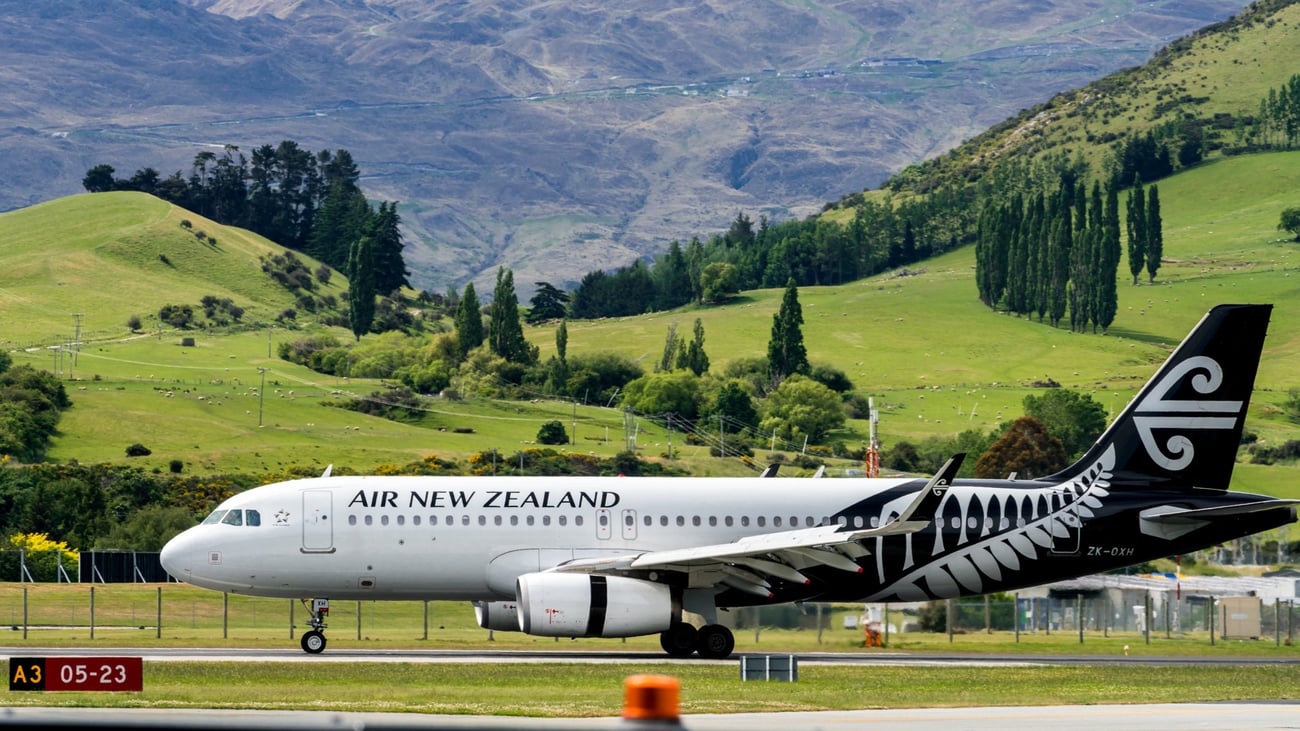Calculating the cost of the Covid-19 coronavirus on New Zealand businesses

New Zealand’s steps to shield itself from the Covid-19 coronavirus will not save the economy from feeling its effects. Hundreds of millions of dollars is likely to be shaved off the value of the economy for the first quarter, with estimates currently between 0.3 and 0.6 percentage points less than pre-virus forecasts.
The International Monetary Fund sees the virus as the biggest threat to the global economy.
Nearly every part of New Zealand’s economy is affected by the outbreak – but particularly exporters and importers who are largely dependent on the Chinese market.
About 50,000 Chinese visitors came through New Zealand’s arrivals gate in February last year, but that traffic has all but disappeared with New Zealand’s border closed to the travellers.
New Zealand Chinese Travel and Tourism Association chair Simon Cheung said those who cater directly to them have no work at all.
“They 100 percent rely on the Chinese tourists, and there’s just nothing coming in – it’s just a stopper. There’s not much they can do.”
He said smaller operators would likely weather the storm, picking up other work in the meantime, but larger operators would be hit harder.
“Like CTS or World Travel, where they heavily rely on the airlines.”
While in New Zealand those visitors usually spend up in the retail, hospitality, tourism and education sectors.
Retail NZ have reported about a third of its members say they are putting up to 30 percent less through their tills, cutting back on forward orders and dropping back staff hours.
Tertiary institutes stand to lose more than $100 million if students from China could not make it to class.
The domestic tourism industry was also hurting, but buoyed by the government’s response package of $11 million, although it was unclear how it would be distributed.
And while there is no ban on exporting goods to China, for forestry, the foreign ports are expected to be at capacity in a week.
This was because ships loaded with logs before the outbreak kicked off having no choice but to continue on their way.
Forest Owners Association president Peter Weir said the oversupply would further reduce low prices.
“We don’t think we’ve seen the bottom of the price, we expect price to go down further.”
He said companies supplying domestic mills would fare better than export-focused ones.
“Supplying through Timaru or Gisborne, who have little or no domestic options… I would expect logging to slow down in the regions that feed those two ports. If not stop.”
“There’s no particular reason for optimism going forward.”
“Different people will make different charter arrangements based on the strength of their balance sheet and offtake forecast from China, but with a situation of ports full, you’d be brave to charter a boat.”
The list goes on, Millennium & Copthorne Hotels New Zealand Limited said it expected to lose up to $3 million in last minute cancellations.
Auckland Airport was in the same boat, with 45 return services to Mainland China reduced to eight, almost overnight. It downgraded its earnings by $5 million.
And to top it off, the primary sector was also dealing with a significant drought.
Silver Fern Farms chief executive Simon Limmer said it was the perfect storm.
“Whilst we’ve got big livestock flows plus the drought really putting pressure on processing capacity, the coronavirus situation has meant that we don’t have a lot of confidence in our ability – or the supply chain’s ability – to get product into China just at the moment.
“So 35 percent of our product’s going into that market specifically and we’re just having to look at alternative options or to be putting product into storage.
For live exports like rock lobster the economic effects have been swift. The industry predicts it could lose up to $46 million.
Reserve Bank governor Adrian Orr said businesses should utilise government tools like the Ministry of Health’s pandemic planning platform.
“You want to just walk your business through what would we be doing now under the different types of assumptions, so don’t try and forecast – just assume you’re in those different scenarios – what’s happening and how are you managing through this.”
Economists predict a short sharp rebound as health authorities and the Chinese government indicate containment is close.
Businesses are being urged to hold steady in the meantime and and not lay off staff or sell off assets.
This story was originally published on RNZ.




